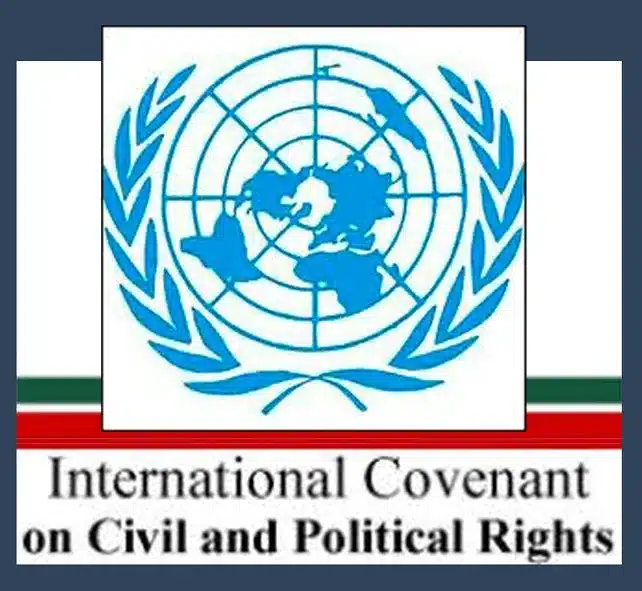About International Covenant on Civil and Political Rights:
- It is a key international human rights treaty, providing a range of protections for civil and political rights.
- The Covenant was adopted by the U.N. General Assembly in 1966 and came into force in 1976.
- The ICCPR, together with the Universal Declaration of Human Rights and the International Covenant on Economic Social and Cultural Rights, are considered the International Bill of Human Rights.
- The ICCPR obligates countries that have ratified the treaty to protect and preserve basic human rights, such as:
- The right to life and human dignity; equality before the law; freedom of speech, assembly, and association; religious freedom and privacy; freedom from torture, ill-treatment, and arbitrary detention; gender equality etc.
- The Covenant compels governments to take administrative, judicial, and legislative measures in order to protect the rights enshrined in the treaty and to provide an effective remedy.
- As of 2024, 174 countries have been party to this Covenant.
- India became a party to the ICCPR in 1979 and has undergone three such reviews so far, the last being in 1997.
Q1: What is the United Nations Human Rights Council?
United Nations Human Rights Council is an intergovernmental body within the United Nations whose mission is to promote and protect human rights around the world. It was created by the General Assembly on 15 March 2006 by replacing the Commission on Human Rights.
Last updated on June, 2025
→ UPSC Notification 2025 was released on 22nd January 2025.
→ UPSC Prelims Result 2025 is out now for the CSE held on 25 May 2025.
→ UPSC Prelims Question Paper 2025 and Unofficial Prelims Answer Key 2025 are available now.
→ UPSC Calendar 2026 is released on 15th May, 2025.
→ The UPSC Vacancy 2025 were released 1129, out of which 979 were for UPSC CSE and remaining 150 are for UPSC IFoS.
→ UPSC Mains 2025 will be conducted on 22nd August 2025.
→ UPSC Prelims 2026 will be conducted on 24th May, 2026 & UPSC Mains 2026 will be conducted on 21st August 2026.
→ The UPSC Selection Process is of 3 stages-Prelims, Mains and Interview.
→ UPSC Result 2024 is released with latest UPSC Marksheet 2024. Check Now!
→ UPSC Toppers List 2024 is released now. Shakti Dubey is UPSC AIR 1 2024 Topper.
→ Also check Best IAS Coaching in Delhi
























